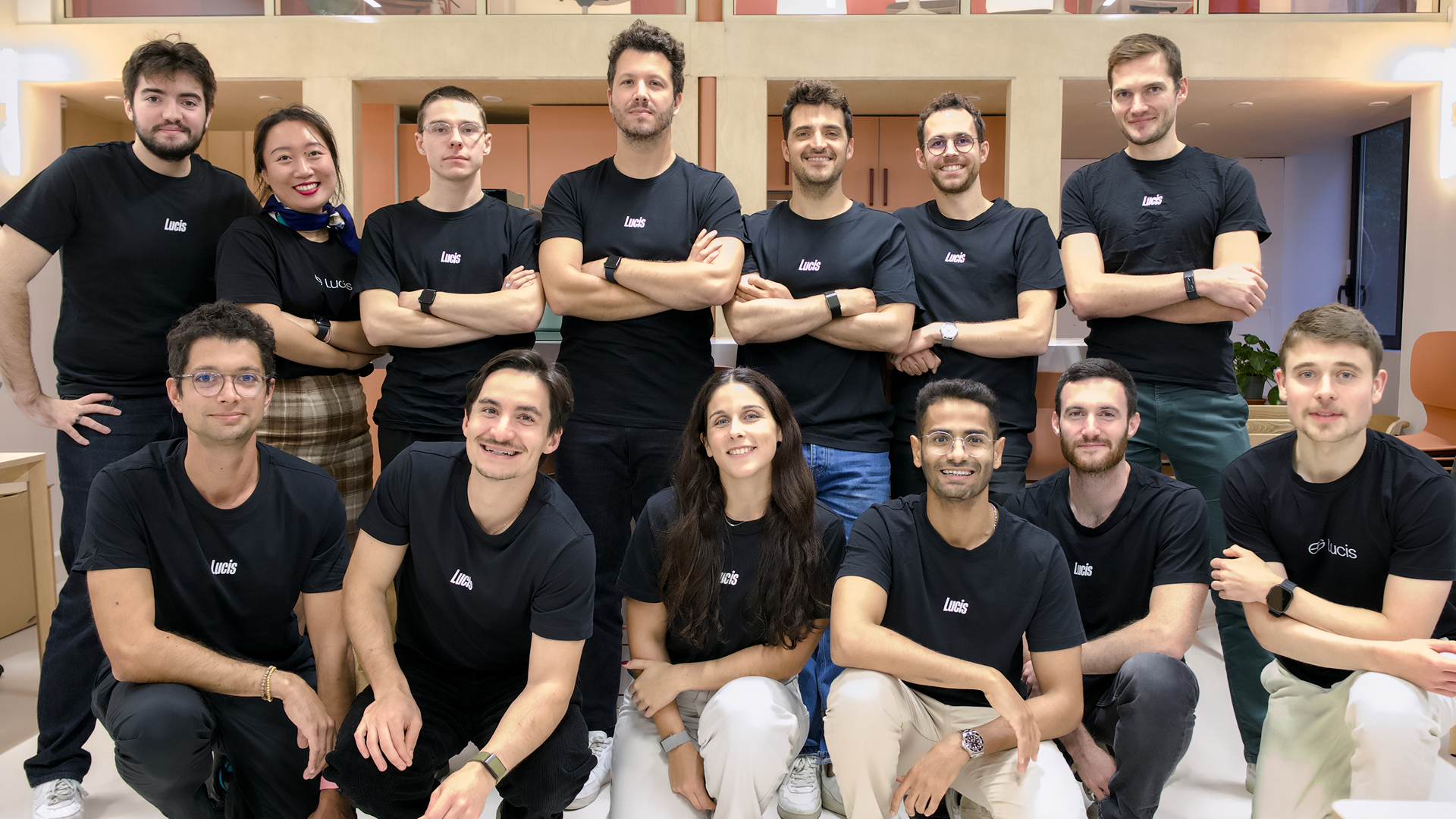Table of contents
After an unexpected heart attack and several days in hospital, Martin Ratz was discharged and sent home to recover unaided. Martin had been a healthcare innovator for over 15 years but was experiencing life as a patient for the first time. Like many, the lack of care coordination made him feel unsafe, vulnerable and frustrated. His entrepreneurial itch scratched, his search for a solution led him to Dag Larsson – a fellow Swede and seasoned product leader – and together they founded Doccla.
Today, Martin and Dag’s vision is not only distinguished by the reassurance and support Doccla provides discharged hospital patients through remote monitoring, but importantly by their ambitious plan to improve outcomes for millions of people living with acute and chronic disease.
Doccla’s first step is to break the siloed patient experience. Studies have consistently found that - if safe - most people prefer to receive care in their home, surrounded by their family and caregivers, rather than in the hospital. Martin and Dag have focused on building technology and services that bring patients closer to their clinical teams, reducing the stress and complexity of the transition from hospital to home through a seamless, engaging end-to-end journey. Importantly, they have achieved this through an intensely collaborative mindset – working hand-in-hand with hospitals to integrate into existing workflows, establish local logistics networks and dedicate time and resources to train staff.
Doccla’s second step is to empower the healthcare system with a sustainable solution to the dramatic shortage of hospital beds. Today, the UK has the worst-in-class capacity relative to its European peers, with 2.3 beds per 1,000 people vs. 5.7 in France and 7.8 in Germany. With a record 6.6 million people on elective surgery waiting lists, a rapidly aging population and a worsening clinical workforce shortage, hospitals face immense short- and medium-term pressures. Yet, it is estimated that 1 in 3 patients could be treated in the home, with care as good - if not better - than in hospital, and at a fraction of the cost. Doccla not only enables earlier, safer transition from hospital into the home, but also unlocks the efficient, high quality virtual hospital of the future.
Doccla’s third step is to broaden the scope of remote patient monitoring and orchestrate more longitudinal, AI-enabled pathways across the care continuum – designing smart rule engines that help clinicians know how to efficiently review data, implement actions and provide the right type of care to people, from chronic disease prevention and management to emergency room diversion and early discharge. Creating this operating system for home health will require greater intention and heightened collaboration with an ecosystem of partners, which Doccla is perfectly suited for.
Doccla aligns with GC’s broader Health Assurance thesis to drive more digitally enabled, decentralized, preventative healthcare that bends the cost curve. Importantly, Martin and Dag’s partnership approach echoes our core values of radical collaboration and responsible innovation. We are thrilled to invest alongside our partners, Guy’s & Saint Thomas’s NHS Trust and KHP Ventures, to join Doccla on their journey and welcome the team to our Health Assurance family.
Sources
- OECD
- Study finds that caring for people at home can be just as good – or even better – than hospital care | University of Oxford
- https://www.health.org.uk/publications/nhs-workforce-projections-2022










_r1_v2%20(1).jpg)

